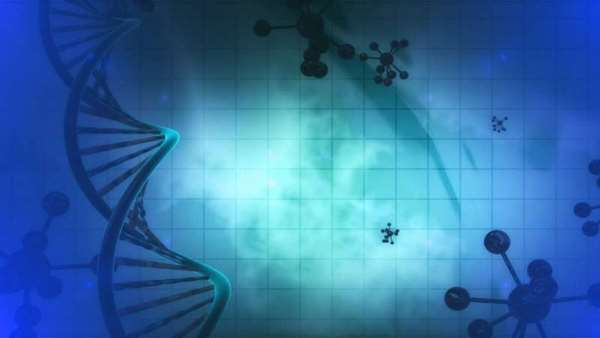Gene discovery could help prevent heart attacks
Researchers at the University of Virginia have shed light on how our genes affect our risk for coronary artery disease, the most common form of heart disease. In addition to identifying gene variants that influence risk, they found that one gene in particular appears to have a protective effect.
Researchers at the University of Virginia have shed light on how our genes affect our risk for coronary artery disease, the most common form of heart disease. In addition to identifying gene variants that influence risk, they found that one gene in particular appears to have a protective effect.
Doctors may be able to use the findings to identify people at high risk and to develop better treatments and preventative interventions.
Current drugs for coronary artery disease treat the risk factors, such as cholesterol or hypertension," said researcher Mete Civelek, Ph.D., of UVA's Department of Biomedical Engineering and UVA's Center for Public Health Genomics. "Our studies used a genetic approach to identify the mechanisms in the wall of the blood vessels where the disease actually develops."
Protective Effect
Civelek's team also identified a gene, MIA3, that appears very important in ensuring thick, stable protective caps—the desirable kind.
The gene produces a protein that seems to have beneficial effects for cap formation, possibly by promoting smooth muscle cell proliferation. In lab models, reducing the activity of the gene suggested thinner, less stable caps, the researchers found.
"If we can increase the abundance of MIA3 protein in smooth muscle cells," Civelek said, "we may be able to stabilize the plaque lesions and prevent heart attacks."
https://medicalxpress.com/news/2020-12-gene-discovery-heart.html




ارسال به دوستان